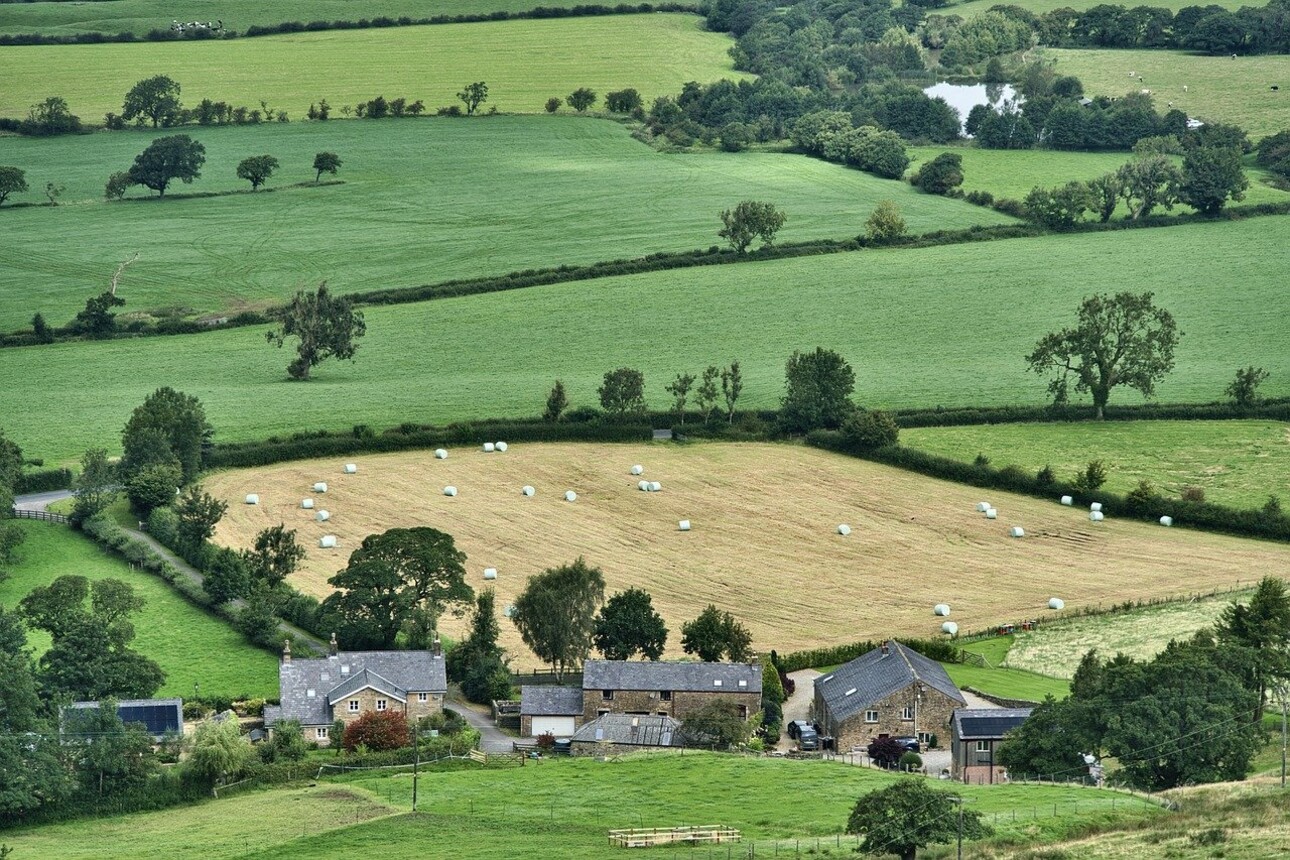
Obtaining a mortgage to buy a rural property requires a thorough understanding of the special features of this type of finance. Here are all the steps to help you through the process, with a focus on the specific features of rural property and borrower's insurance.
Before you start looking for your rural property, you need to assess your borrowing capacity. This assessment is based on :
For business loans (agricultural, wine-growing, etc.), you should of course take into account the projected profitability of your project when assessing your financing capacity.
Prepare a strong dossier containing
The list of documents you need to provide for your business application may be much longer, and should include at least a business plan.
Don't just go to your usual bank. Compare offers from several banks. Take into account
When it comes to business financing, it's advisable to turn to credit institutions that are used to financing this type of project and will have a better understanding of the specifics of your project.
Loan insurance is generally required by lenders to cover various risks, such as :
These coverages vary, and it's crucial to compare them in order to find the best offer for your needs, such as with the Metlife insurance company.
It's in the policyholder's interest to get the best cover, with the fewest exclusions and additional premiums.
Note that under the Lagarde Act, you are free to choose your loan insurance as long as the cover is equivalent to that offered by the bank.
The Loi Lemoine of 2022 also introduced a procedure to make it easier to cancel loan insurance policies.
Once you have identified the most attractive offer, submit your application to the chosen bank. The bank will examine your application and may give you an agreement in principle. This agreement secures your property project.
Once you've found the property that's right for you, sign the preliminary sales agreement (compromis de vente), including a suspensive clause linked to obtaining the loan. This clause is compulsory if your finance package includes a house, but optional if it does not. It protects you in the event of refusal.
The bank will send you an official loan offer detailing all the conditions. You have a legal cooling-off period of 10 days in which to accept this offer.
Once you have accepted the offer, sign the deed of sale at the notary's office. The funds will be released by the bank and you will become the owner of the property. Repayment of the loan will begin the following month.
Obtaining a mortgage for a rural property may seem complex, but with method and rigour, you can maximise your chances of success. Don't hesitate to enlist the help of professionals to help you navigate these specific steps.
Good luck with your project!